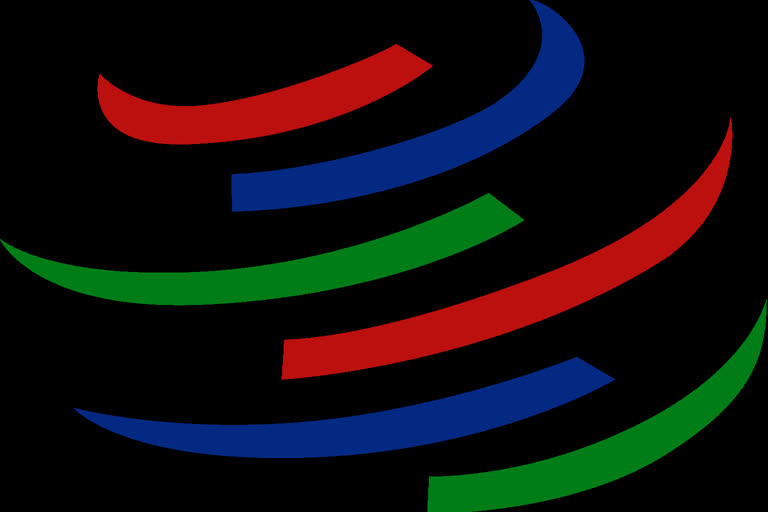New Delhi: India on Monday said that questions being raised by certain developed countries on flexibilities provided to developing economies under the WTO norms are "controversial" and "extremely divisive".
Addressing WTO (World Trade Organisation) ministerial meeting of 23 developing and least developed countries (LDCs) here, Commerce Minister Suresh Prabhu said the crisis in the appointment of members in the appellate body WTO's dispute settlement system would hit the multi-lateral body.
He also said that a declaration, to be issued tomorrow after the conclusion of the meeting, will seek to reaffirm the importance of a rules-based multilateral trading system and provide suggestions for WTO reforms.
Also read : Appointment of appellate body members, reforms to be discussed at WTO meet on May 13-14
Regarding this, the minister called upon the participating member countries to come to a common understanding of the declaration.
"These are difficult times at the WTO, particularly for developing members. The crisis in the Appellate Body threatens to bring back power play to the multilateral trading system.
"Questions being raised on S&DT (special and differential treatment) are controversial and extremely divisive. There is reluctance on the part of some members to consider S&DT in the negotiations on fisheries subsidies," he said.
The S&DT are flexibilities provided to developing countries in the WTO. Under this, they enjoy benefits like higher domestic support for the agriculture sector and longer time periods for implementing agreements and binding commitments.
Currently, any WTO member can designate itself as a developing country and avail these benefits.
As part of reforms in the WTO, the US is arguing that countries which are doing well in terms of economic growth and prosperity should not be allowed S&DT benefits.
On the other hand, India is of the view that this matter needs to be negotiated comprehensively and a consensus-based decision needs to be taken.
With regard to issues concerning the appellate body, the US has stalled appointments of members.
The delay in the appointment would hamper the functioning of WTO's dispute settlement system, which is fundamental for fair global trade as it provides security and predictability to the multilateral trading system.
The minimum quorum (3) for the functioning of this body will end on December 10, after which it will become dysfunctional.
"We need to explore ways to address the substantive issues and concerns regarding the functioning of the appellate body while preserving its independence and impartiality. But this should be done after the crisis of nomination of new members," Prabhu said.
The meeting is being attended by six LDCs and 16 developing countries, including China, Brazil, Saudi Arabia, South Africa, Argentina, Bangladesh, Malaysia, and Nigeria, according to a commerce ministry statement.
World Trade Organisation (WTO) Director-General Roberto Azevedo is also participating in the meeting.
The meeting is being held at a time when the multilateral rules-based trading system is facing serious challenges.
The meeting also assumes significance as countries like the US and China are raising import duties against each other's products, creating a trade war like situation and posing a threat to global commerce.
Developed countries like the US want WTO members to start discussing new issues like e-commerce. However, India is of the view that formal discussions should begin only after consensus is built on them.
Further, Prabhu said that strengthening multilateralism should aim at putting in place a more inclusive decision-making process; and taking measures to counter protectionism.
"Towards this end, it is essential that the collective view of as many developing countries as possible is formally articulated in their submissions on WTO reforms," he said.
Through its WTO Mission in Geneva, India has already circulated a draft text on WTO reforms.
"I am optimistic that based on the suggestion that we receive from all of you, we would be in a position to finalise the submission on WTO reform within a month. We would be grateful if other Members could join in this proposal. This would be an important outcome of our deliberations today and tomorrow," he added.
The minister also said that the current reform proposals do not address the concerns of developing members.
"This meeting is an initiative by India to facilitate a free and frank exchange of views on all issues of common interest, particularly of the developing members and will explore how to collectively address the challenges emerging from suggestions on WTO reform," Prabhu said.
There has been a rise in protectionist tendencies more recently, which calls for collective debate and discuss the way forward in a multilateral framework, he said.



